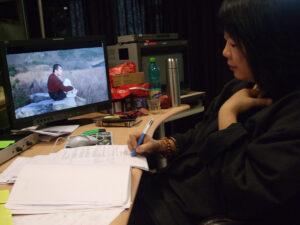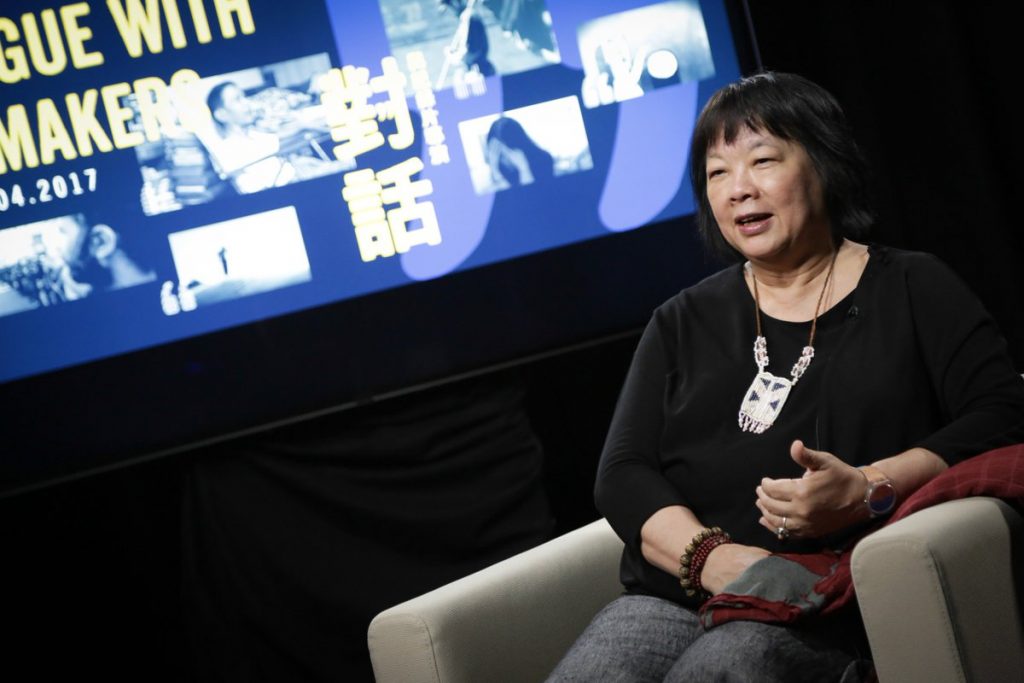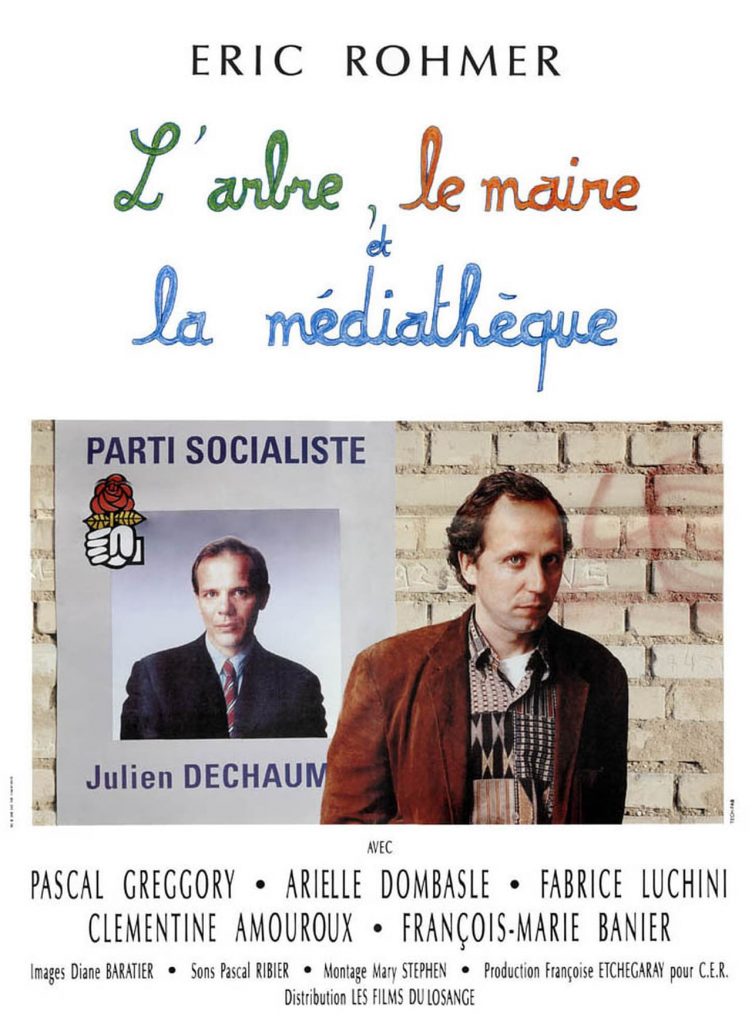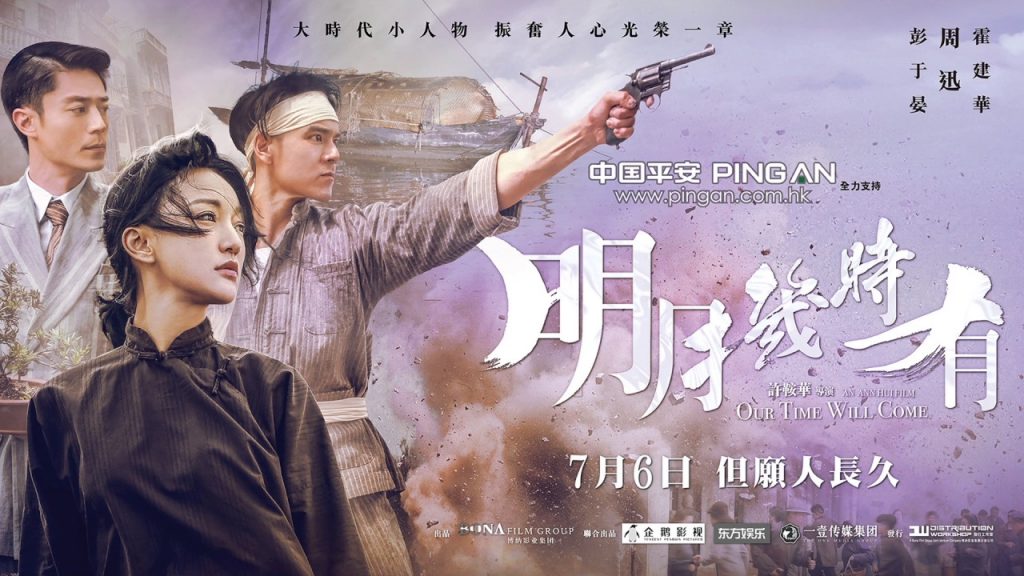Mary Stephen
No birth date available.

Mary Stephen is a Hong Kong-born Chinese editor and filmmaker with fifty-two credits and four best editing nominations. She was Éric Rohmer’s assistant editor (working under Cecile Decugis) and then his regular editor and collaborator from 1992-2010. She edited ten of his films, including A Tale of Winter, The Lady and the Duke, until his last film, The Romance of Astrea and Celadon. Stephen has also edited numerous mainland Chinese and Hong Kong narratives and documentaries, including Li Yang’s Blind Mountain, Fan Lixin’s Last Train Home, Freddie Wong’s The Drunkard, Jessey Tsang’s Flowing Stories, Ann Hui’s Our Time Will Come and Amos Why’s Dot 2 Dot.
Stephen is also a filmmaker whose works include Vision from the Edge: Breyten Breytenbach Painting the Lines, Ombres de soie, and The Memory of Water or Jeanne Moreau and Steamed Fish.

“Rohmer is very precise in his “constructions”. He quite often knew already what the final film should “feel” like before we cut it. He loves to use shot-countershot, therefore the “listener” becomes an active participant as well in the conversation. We always look for “interesting reactions” on the listener’s face. When he shoots a scene in shot-countershot, he shoots the scene (or fractions of it) entirely on one character at a time regardless of whether he/she is the one talking or not. I am also particularly fond of “reactions” and I think that characters reveal themselves more through their silences than what they say (which is of course a favourite theme of Rohmer’s: how people’s words often mask their true feelings). In Autumn Tale, I went much further than the previous films in looking for the listener’s reactions. Alain Libolt, who plays Gerald, is particularly wonderful when he is listening.”
—“Interview with Mary Stephen” by Bill Mousoulis. The full interview can be found in the Appendix.



